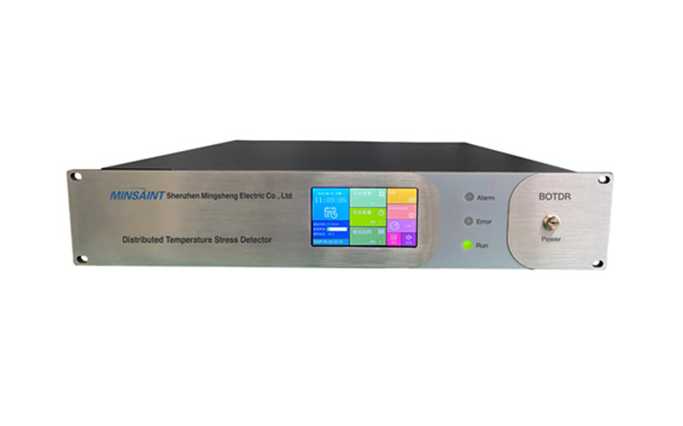Radio communication has undoubtedly revolutionized the world, transforming the way we connect, communicate, and disseminate information. From its humble beginnings to the present day, radio has played a pivotal role in shaping societies, bridging distances, and fostering global connectivity. In this blog post, we will delve into the profound impact of radio communication and explore how it has changed the world as we know it.
- Breaking Barriers of Distance:
One of the most significant contributions of radio communication is its ability to transcend geographical boundaries. Before the advent of radio, long-distance communication was limited to telegraphs and letters, which were time-consuming and often unreliable. Radio communication, however, enabled real-time transmission of information across vast distances, connecting people like never before. It facilitated instant communication between continents, revolutionizing industries such as journalism, aviation, and maritime navigation. - Empowering Mass Communication:
Radio communication played a pivotal role in democratizing information dissemination. With the rise of radio broadcasting, news, entertainment, and educational content became accessible to the masses. Radio stations became a platform for sharing ideas, promoting cultural diversity, and fostering social cohesion. From the iconic radio shows of the past to the modern-day podcasts, radio has empowered individuals to express their thoughts, share knowledge, and shape public opinion. - Catalyzing Technological Advancements:
The development of radio communication spurred a wave of technological advancements that transformed various industries. The need for efficient transmission and reception of radio signals led to the invention of vacuum tubes, transistors, and ultimately, integrated circuits. These breakthroughs not only improved radio technology but also laid the foundation for the development of modern electronics, including televisions, computers, and mobile devices. Radio communication acted as a catalyst for innovation, paving the way for the digital age we live in today. - Enhancing Safety and Security:
Radio communication has been instrumental in enhancing safety and security across the globe. From emergency broadcasts to military communications, radio plays a vital role in crisis management and disaster response. It enables swift dissemination of critical information, helping authorities coordinate rescue efforts, warn the public of impending dangers, and maintain law and order. Radio communication has proven to be a lifeline during times of crisis, saving countless lives and ensuring effective communication in challenging situations. - Bridging the Digital Divide:
Despite the advent of the internet and other modern communication technologies, radio remains a crucial medium for bridging the digital divide. In remote areas with limited access to the internet, radio serves as a reliable source of information, entertainment, and education. It reaches communities where other forms of communication may be inaccessible or unaffordable, making it an invaluable tool for promoting inclusivity and empowering marginalized populations.
Conclusion:
Radio communication has undeniably changed the world in profound ways. From breaking barriers of distance to empowering mass communication, catalyzing technological advancements, enhancing safety and security, and bridging the digital divide, radio continues to shape our lives and connect us in ways unimaginable before its invention. As we embrace the digital era, let us not forget the transformative power of radio and its enduring legacy in our interconnected world.











+ There are no comments
Add yours